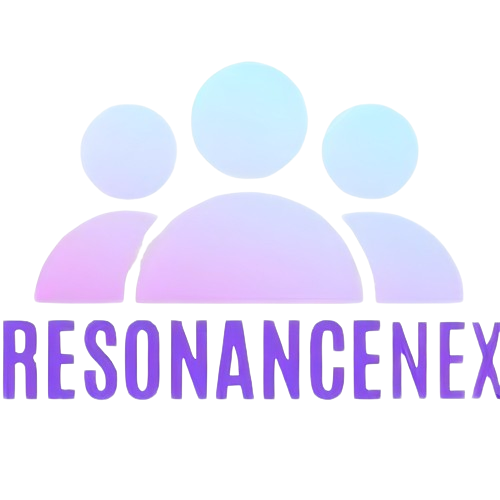The Benefits of Implementing a Sustainable Business Model:

Why Going Green is Good for Your Bottom Line
In recent years, sustainability has become more than just a buzzword; it’s become a business imperative. Companies across industries are increasingly recognizing the importance of implementing sustainable business practices, not only for the environment but also for their bottom line. In this blog post, we’ll explore the benefits of adopting a sustainable business model and how it can positively impact your company.
What is a Sustainable Business Model?

Before diving into the benefits, let’s first define what we mean by a sustainable business model. At its core, a sustainable business model is one that seeks to minimize negative environmental impacts while maximizing positive social and economic outcomes. This includes reducing carbon emissions, conserving resources, promoting ethical labor practices, and fostering community engagement.
The Benefits of Sustainability
- Cost Savings: Implementing sustainable practices can lead to significant cost savings for businesses. By reducing energy consumption, water usage, and waste generation, companies can lower their utility bills and operational expenses. Additionally, investing in renewable energy sources and energy-efficient technologies can further drive down costs over time.
- Enhanced Brand Reputation: Consumers are increasingly prioritizing sustainability when making purchasing decisions. By demonstrating a commitment to environmental and social responsibility, businesses can enhance their brand reputation and attract more customers. A positive brand image can also lead to increased customer loyalty and repeat business.
- Regulatory Compliance: Governments around the world are enacting stricter environmental regulations to combat climate change and protect natural resources. By proactively adopting sustainable practices, businesses can ensure compliance with existing regulations and mitigate the risk of fines or penalties in the future.
- Access to New Markets: Sustainability can open up new market opportunities for businesses, particularly in industries where eco-friendly products and services are in high demand. By aligning with consumer preferences and market trends, companies can expand their customer base and diversify their revenue streams.
- Employee Engagement: Employees are more likely to feel engaged and motivated when working for a company that prioritizes sustainability. By fostering a culture of environmental responsibility and social impact, businesses can attract top talent, improve employee retention rates, and boost morale and productivity.
- Long-Term Resilience: Investing in sustainability measures can enhance a company’s long-term resilience and competitiveness in the marketplace. By anticipating and adapting to changing environmental and social trends, businesses can future-proof their operations and maintain a sustainable advantage over competitors.
Conclusion
In conclusion, implementing a sustainable business model offers a wide range of benefits for companies of all sizes and industries. From cost savings and enhanced brand reputation to regulatory compliance and access to new markets, the advantages of sustainability are clear. By embracing sustainability as a core value and integrating it into all aspects of their operations, businesses can not only make a positive impact on the planet but also drive growth, innovation, and success for years to come.

 Arabic
Arabic Bengali
Bengali Chinese (Simplified)
Chinese (Simplified) Chinese (Traditional)
Chinese (Traditional) Czech
Czech Dutch
Dutch English
English Estonian
Estonian French
French Georgian
Georgian German
German Hindi
Hindi Irish
Irish Italian
Italian Japanese
Japanese Latin
Latin Macedonian
Macedonian Portuguese
Portuguese Russian
Russian Spanish
Spanish Swedish
Swedish Turkish
Turkish Vietnamese
Vietnamese